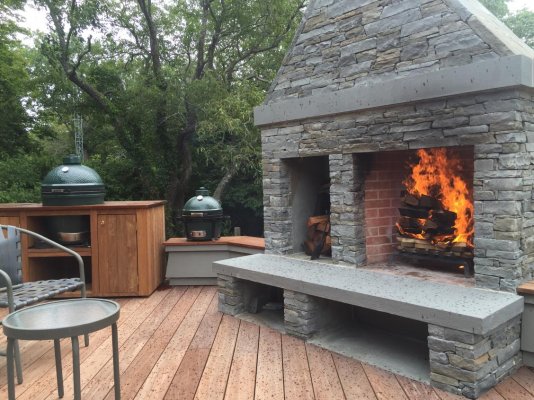O C Diver
Guru
- Joined
- Dec 16, 2010
- Messages
- 12,867
- Location
- USA
- Vessel Name
- Slow Hand
- Vessel Make
- Cherubini Independence 45
We could do many of the critical things if forced to and if it was beyond our knowledge we'd have someone quickly on a cam to tell us what to do. However, we have gotten training in the primary things that can shut you down. The head, we understand and have the manuals but not something we've practiced doing.
That's certainly a good plan. But what about spare parts? Most of your break downs will require parts. Now I'm sure you have a manufacture's "frequently replaced parts kit" for every piece of equipment on the boat. But there are parts to have that aren't part of the piece of equipment.
As an example:
Most all of your electrical circuit protection are likely circuit breakers. But I haven't seen a boat that didn't have some large fuses. Your house battery bank is protected by one most likely. There are scenarios where that fuse can fail or blow (two different things). Somebody may be able to help you find the problem and resolve it. Without a replacement fuse in spares department, the power still isn't restored. So, do you have atleast one spare fuse for every in service fuse? Do you know where these different fuses are? Do you have a VOM (Volt Ohm Meter) to test the fuse?
I'm certainly not going to able to fix everything that could break on my boat. But there is almost nothing on my boat plumbing, electrical, electronic, and mechanical that I haven't been through. So I know what spares to have.
Second example:
I replaced the 3 air conditioners on my boat during my refit. I'm infinitely familiar with the wiring and the plumbing. So I have a spare seawater pump to replace the one in service should it fail. I have spare hose clamps for those hoses. I have the thread sealant and tools to switch the hose adapters to the new pump. I have a spare circuit breaker for the panel in case one goes bad. My spares are based on my installation experience. As I installed them, I noted which items would be good to have spares of. To me, that is one of the huge side benefits too doing much of my maintenance, knowing where stuff is and what spares to have.
Ted



 Art
Art 